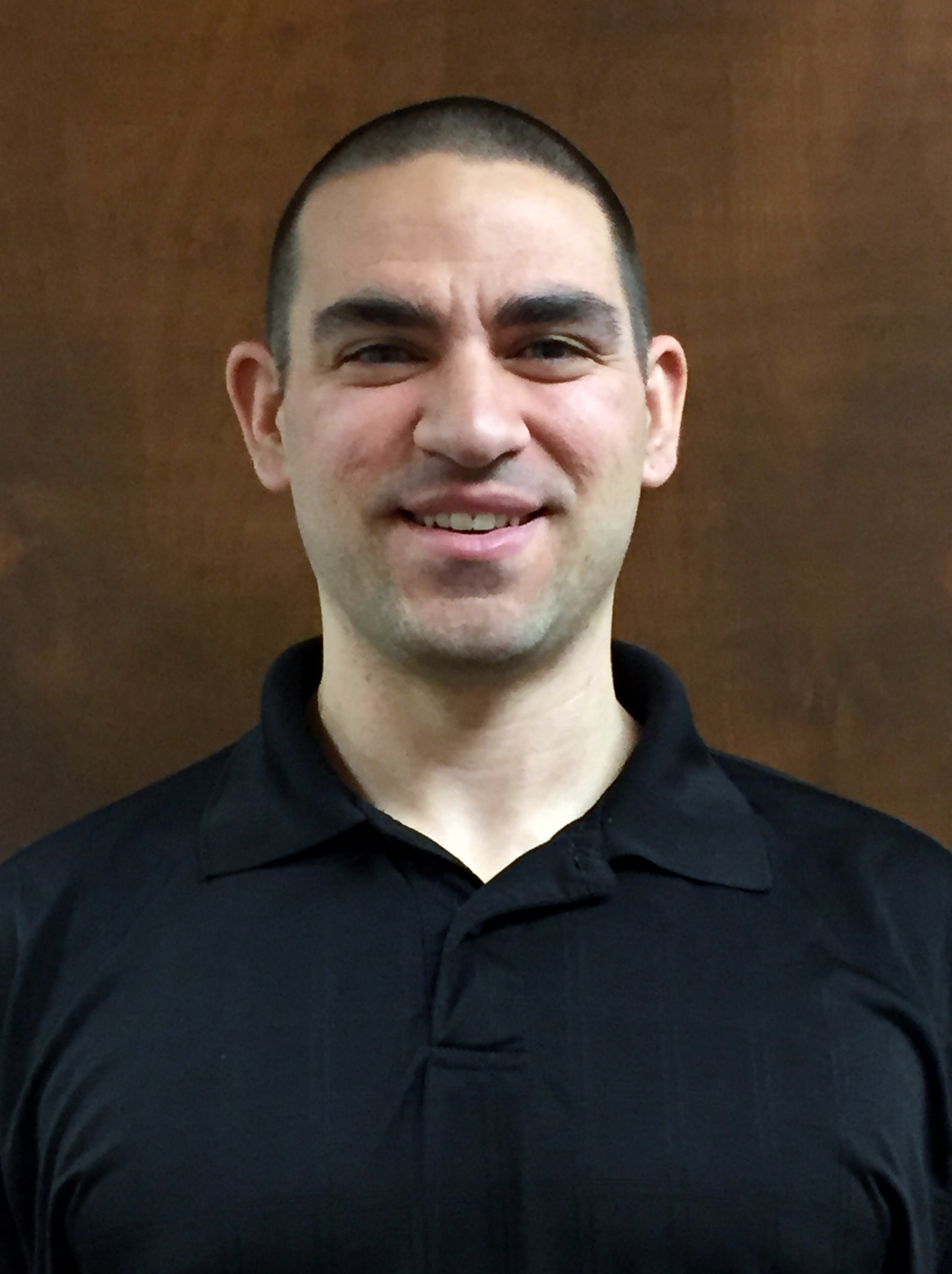The Big Game Can Be A Trigger Posted On
The Big Game is around the corner. For those struggling with recovery from problem gambling and loved ones experiencing adverse effects of problem gambling, this game can act as a trigger and intensify the negative consequences of gambling, but it doesn’t have to.
The Big Game Can Be A Trigger
Throughout the year, many people are not regular gamblers, but during this time, they may feel more inclined to make a bet. From the end of January up until the big game on February 4th, media will be covering the game, the players, and facts about the stadium where the game will be played. There will be media specific to the game on news outlets, in articles, and advertisements. All this hype is difficult to avoid.
People struggling with problem gambling may feel inundated with chatter about the big game, and may feel triggered to make a bet or get involved in daily fantasy sports. For the loved ones adversely affected by problem gambling, this time may be an especially difficult time due to the gambler’s preoccupation and intense high and low emotions with dreams of betting on the big game.
Warning Signs Of Increased Problem Gambling
If a loved one is struggling with problem gambling, this may be an especially difficult time. During this time of year, it’s important to look for increased:
- Preoccupation with the upcoming game. This could result in being absentminded and forgetful about important daily routines or upcoming events with loved ones.
- Tension in relationships. This could result in an increase of isolation and avoidance by the person struggling with problem gambling.
- Irritability. People may be struggling with healthy habits, such as regular sleep, healthy eating choices, and regular exercise causing an increase in irritability.
Take Action To Be Proactive
- Focus on mutual non-gambling hobbies and interests. Spending more time on things that are not gambling related can help subside some of the hype about the big game and help to keep the relationship strong and supportive during this time. This stronger connection will help the recovering gambler stay on track with their recovery, or help a person unaware of their problem to stay focused on family and positive friendships.
- Openly talk with a person in recovery from problem gambling. Talk about their feelings, and talk about what they need to stay safe from placing a bet on the big game and what it could cost the family. Discus your needs and find ways to help support one another during this time of year.
- Know that it’s okay if you need help and that you are not alone. Help is available because people want to support people and families struggling with problem gambling. If you’re unsure where to start on your search for help, the answer is the NYS HOPEline at 1-877-8-HOPENY (or 1-877-846-7369).

